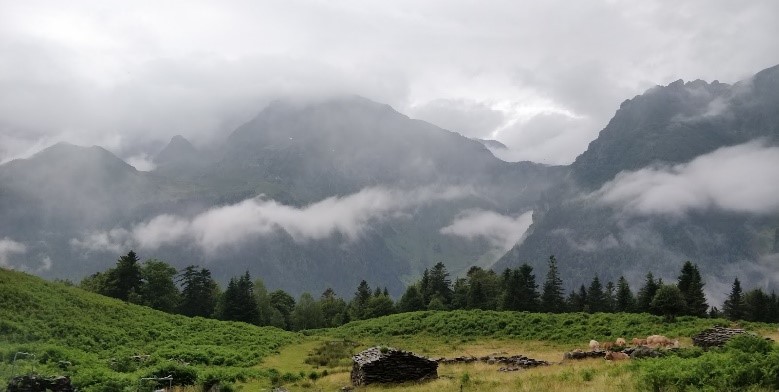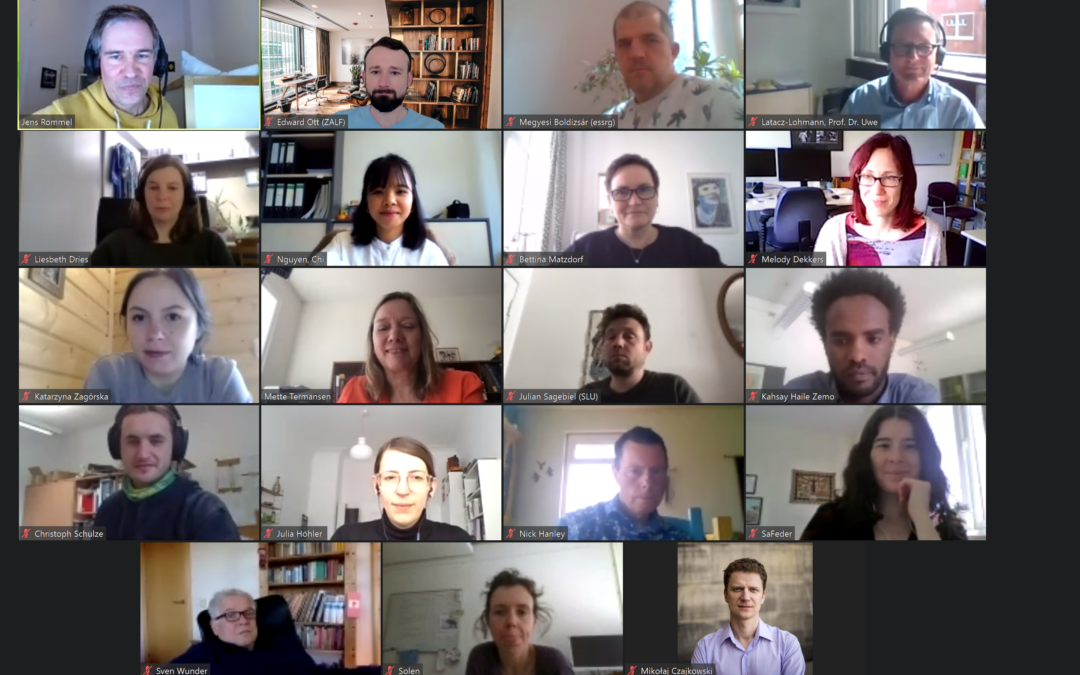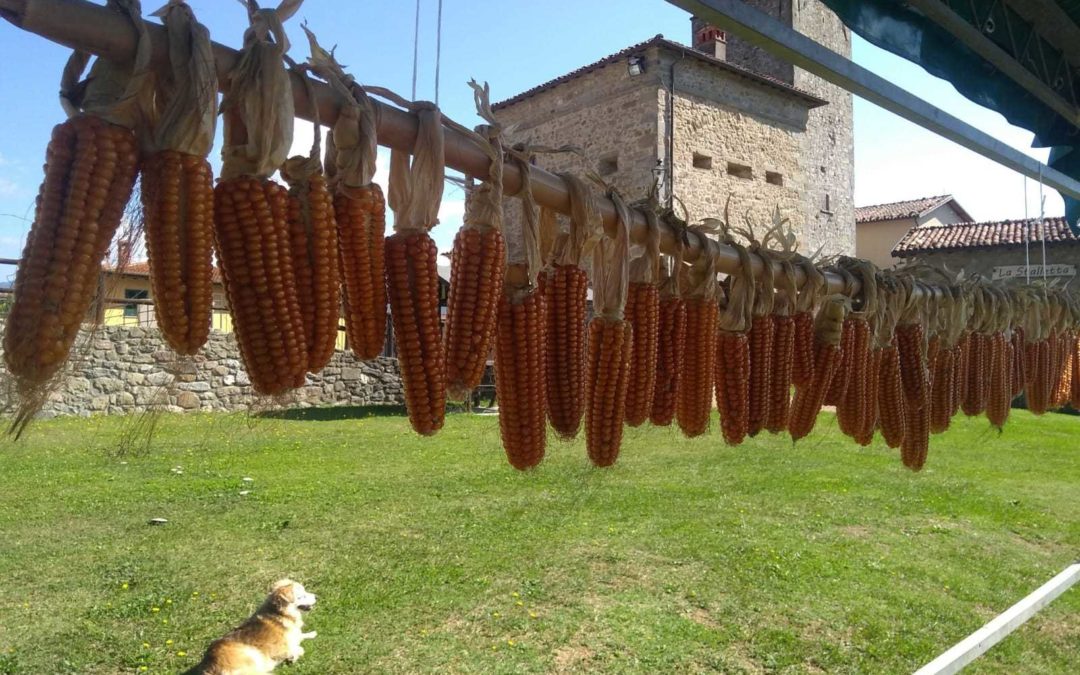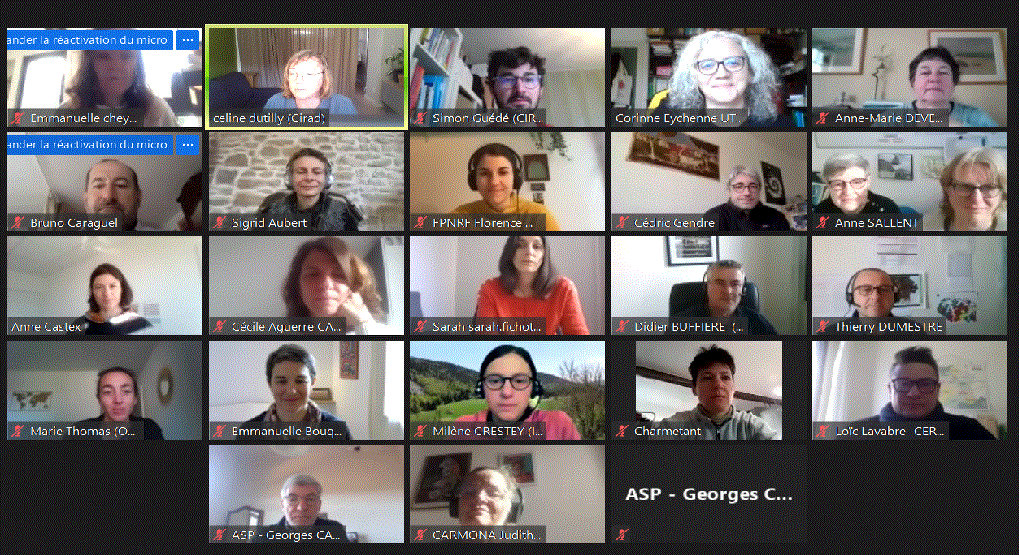
Improving funding scheme for landscape-scale agri-environmental management
Katrin Prager (University of Aberdeen) from the Contracts2.0 team carrying out UK case study work provided input for a feedback call on the Countryside Stewardship Facilitation Fund. This funding scheme supports farmer collaborationPeople working jointly towards a common goal, involving regular interaction among the collaborating individuals. May also apply to organisations. Belongs to the range of collective approaches. Synonym: Cooperation More and landscape-scale agri-environmental management. The feedback call was commissioned by England’s Rural Payments Authority (RPA) and run by the Game and Wildlife Conservation Trust (GWCT). The GWCT has now passed on a 33-page document of feedback. The feedback provides input to the responsible agencies and government department DEFRA, Natural England and RPA to help improve the funding scheme and collective efforts to strengthen the farmed environment.
For other ways that GWCT supports farmer collaborationPeople working jointly towards a common goal, involving regular interaction among the collaborating individuals. May also apply to organisations. Belongs to the range of collective approaches. Synonym: Cooperation More, see the farmer cluster website: actions are intended to help form projects, gain inspiration and momentum and raise awareness for landscape-scale conservation.




